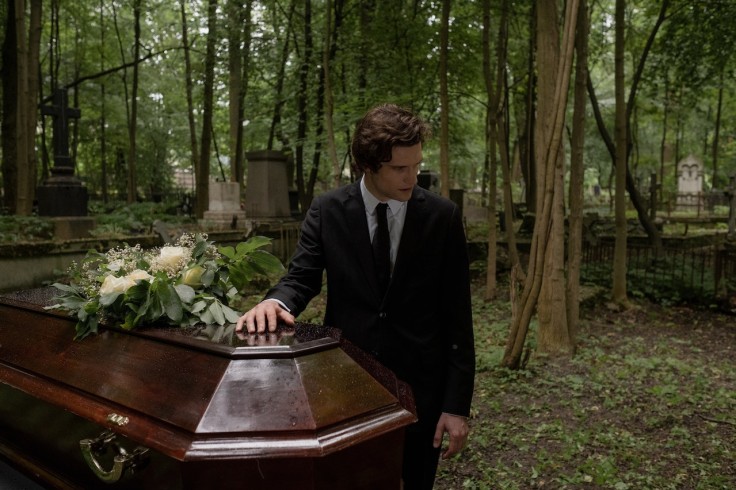
The world has seen that Prince Harry and the late Queen Elizabeth II have always had a special, close relationship, up until the prince left the monarchy.
The bond between the two was different and fun. Everyone has seen how they adore each other. Who would ever forget the Queen appearing in a silly mic drop video challenge, as reported by Entertainment Tonight, all because Prince Harry insisted?
The question now is - how will Prince Harry mourn the death of the grandmother he was so close with after their relationship got all complicated?
Today Parent's writer, Rachel Paula Abrahamson might just know the answer.
Mourning for someone after a complicated relationship
'Like Harry, I know what it's like to mourn someone after a complex relationship,' Rachel said.
When the writer heard of the Queen's death, she immediately thought of how Prince Harry might be feeling during this sad moment in their family's lives, and of how the feelings might be the same as hers when she lost her father, who she hadn't seen and talked to for two years.
Abrahamson narrated that ever since she lost her father four years ago, she has been living with all the what-ifs and with "paralyzing guilt".
"I'm mourning his death, but also the fact that we never made amends. If only I hadn't been so stubborn. If only I'd responded to his Thanksgiving text message. If only I'd accepted his final hug instead of pulling away like a sullen teenager. It's a lot to carry. I feel the weight every day," the writer expressed in an article she wrote for Today's Parents.
She hopes it is different for Prince Harry right now. She hopes, unlike her, the prince was able to take his grandmother's hand, no matter how uncomfortable might that be for the two of them, and was able to ask for forgiveness, to forgive, and to get everything off his chest. She hopes they were able to make amends and cry together because if only she could, she would have done that with her father. She hopes they found their peace together.
Read Also: Prince Harry Latest News And Updates: Queen Elizabeth Orders Prince Harry To Take Speech Class?
Six ways to cope with one's complicated grief
Dr. Kenneth J. Doka, the senior vice president of grief programs at Hospice Foundation of America revealed that unfinished business can generate a lot of guilt and that sadly not everyone gets a chance to restore relationships and make peace.
Abrahamson knows this all too well.
Thus, seeking help from Doka and Dr. Joanne Cacciatore, a grief counselor in Arizona, she was able to gather the six ways to process and cope with complicated grief.
1. Write it down.
They say that writing is the heart's way to speak, so it will be very helpful to put one's feelings on paper. Write a letter expressing what you hope would have been different, and write a letter from them to one's self. Write from a place of forgiveness.
2. Be brave to confront your feelings.
And, be able to honestly express them, even and most especially the negative ones. As Doka said, not facing negative feelings might lead to idealizing the person.
3. Do the 'empty chair technique.'
One should talk to the person about his/her feelings as if he/she is still around and is seated in front of him/her. Let it all out. Be vulnerable. Be angry, if need be, as long as the flow of emotions is based on honesty. After, go and sit on the other chair and respond as the other person.
Abrahamson shared that when she tried this technique, she placed her dad's picture on the empty chair and started by saying goodbye. Then, she apologized and enumerated why.
4. Honor the dead.
Try the ritual of reconciliation. Doing something physical or actual to process the pain, like going to the person's grave and bringing flowers.
5. Build a new relationship.
Cacciatore emphasized that the relationship one has with a loved one does not die even if the person is already dead. There may be no material relationship anymore but one can "reignite a connection" with that person and build a different kind of relationship, a better kind from before.
6. Go to therapy.
According to Doka, the American Counseling Association considers grief as a generic skill, but the doctor disagrees. Thus, find a therapist who can help, one that specializes and is trained in grief.
Related Article: Prince Harry Admits To Psychological Testing: Scarred Royal Family Celebrity Reveals Being 'Broken' About Leaving Afghanistan Tour Of Duty